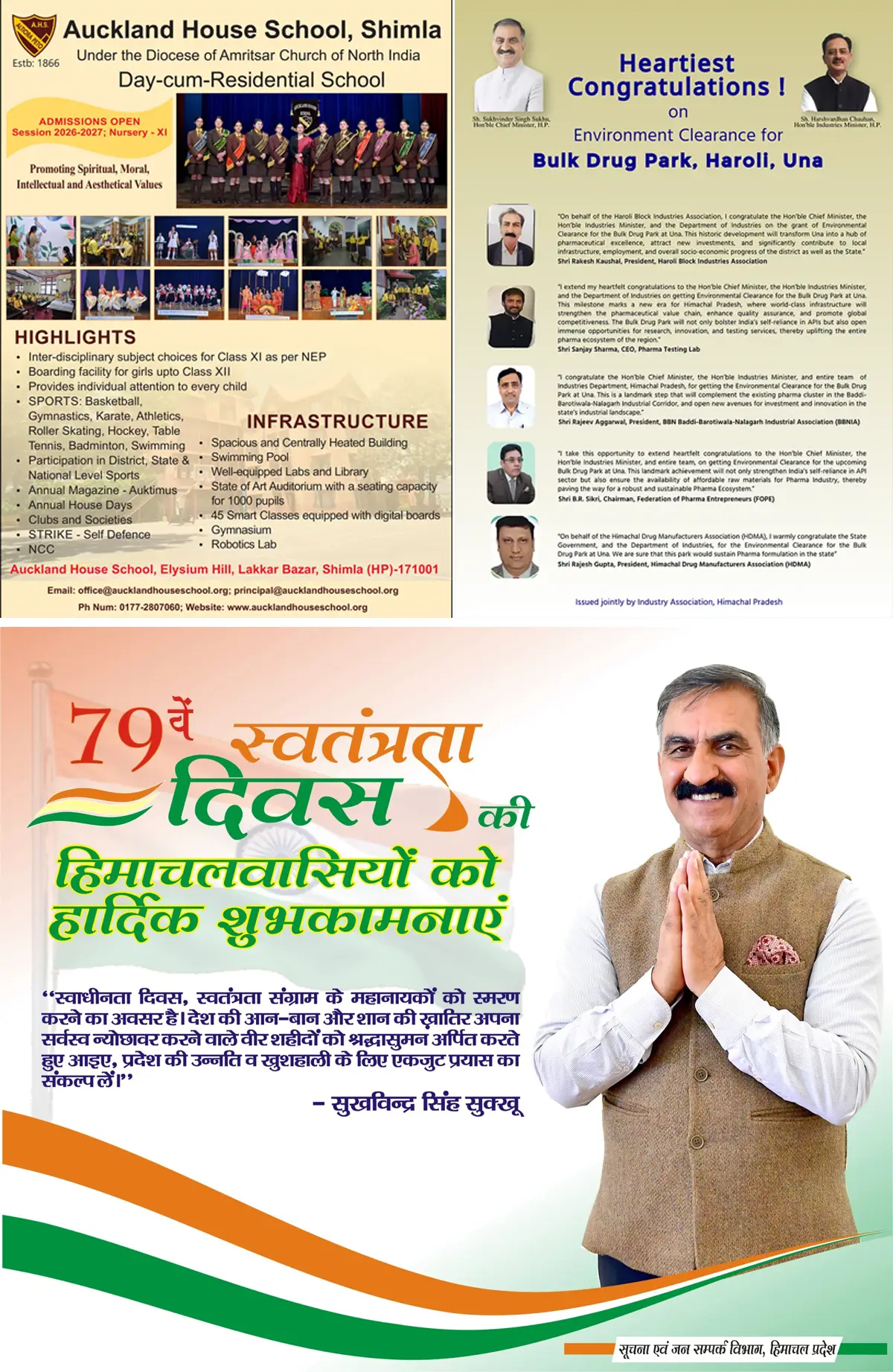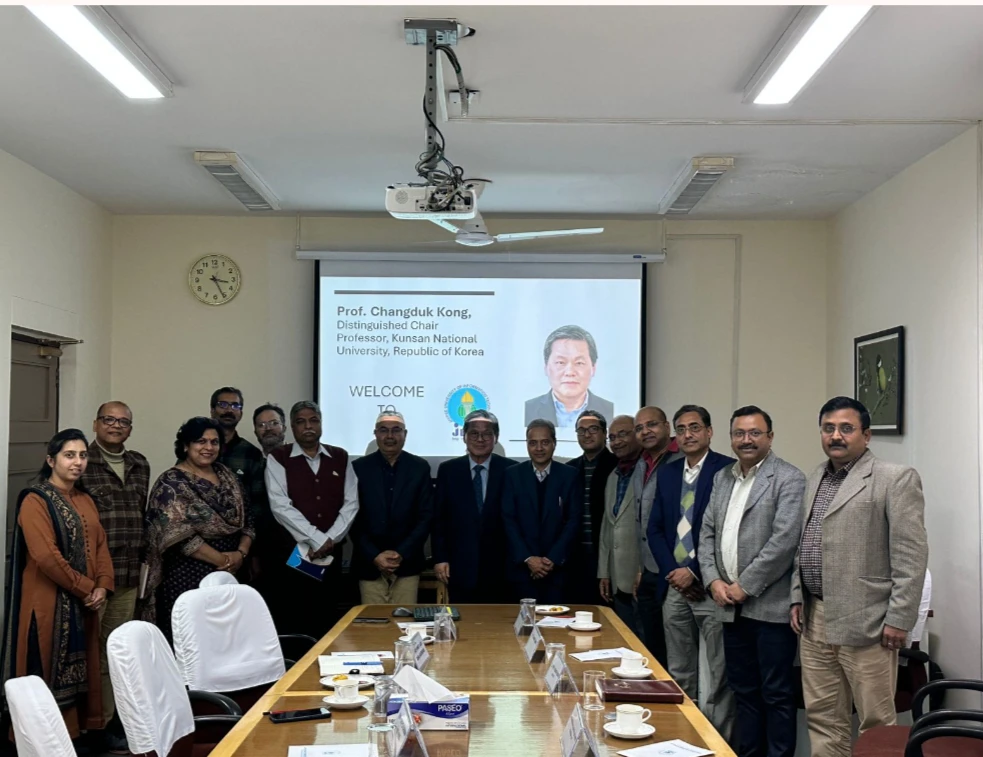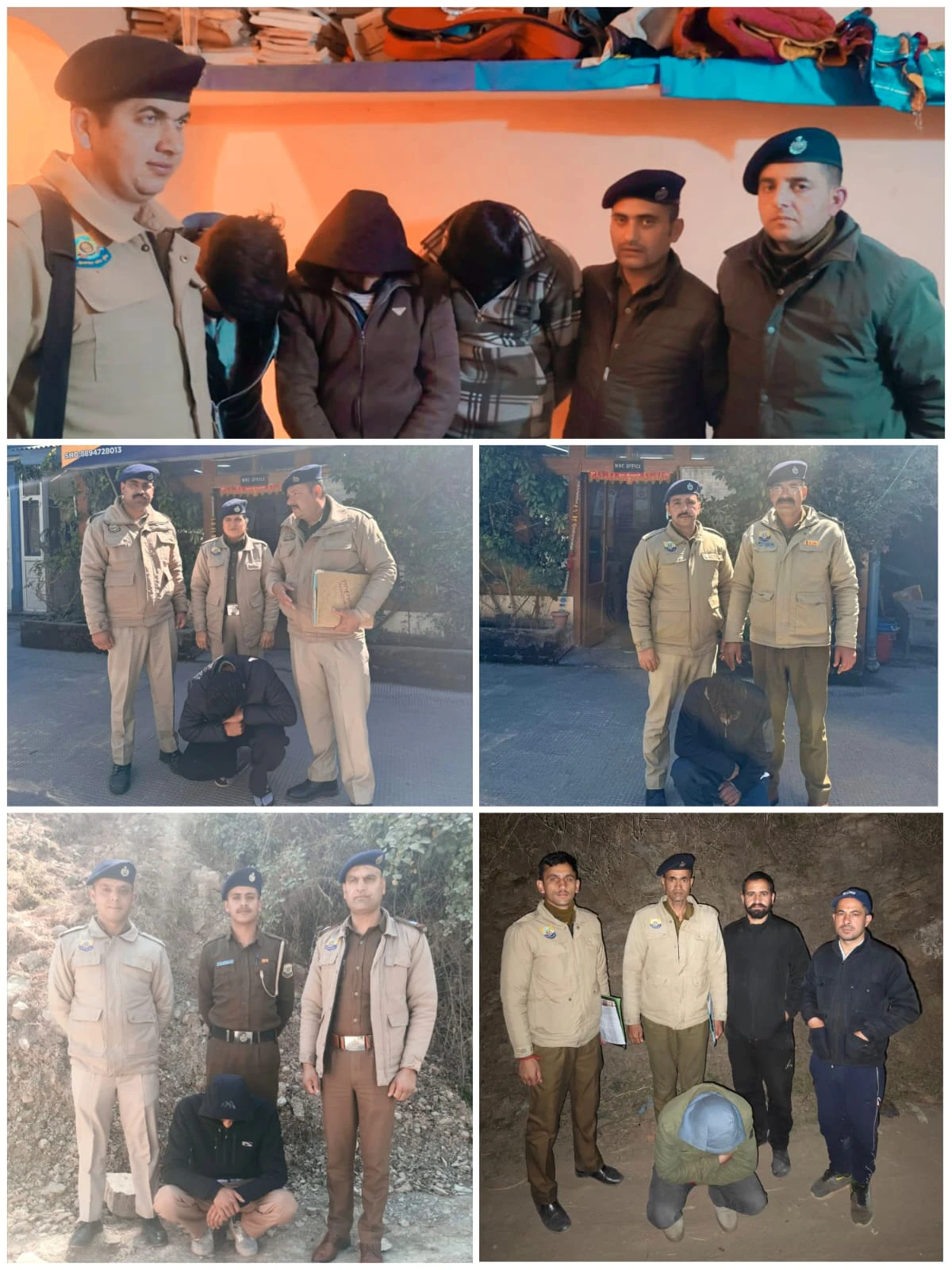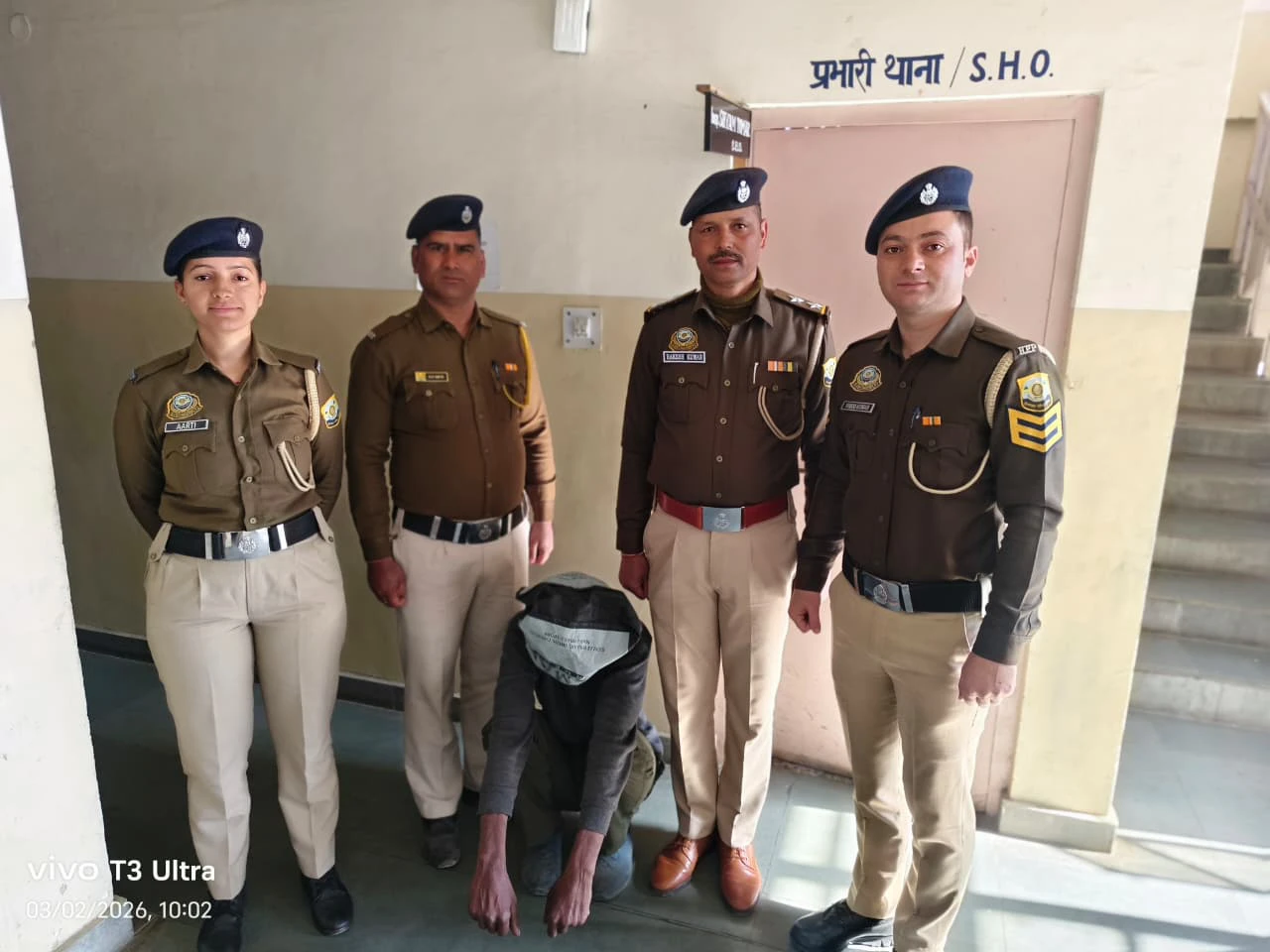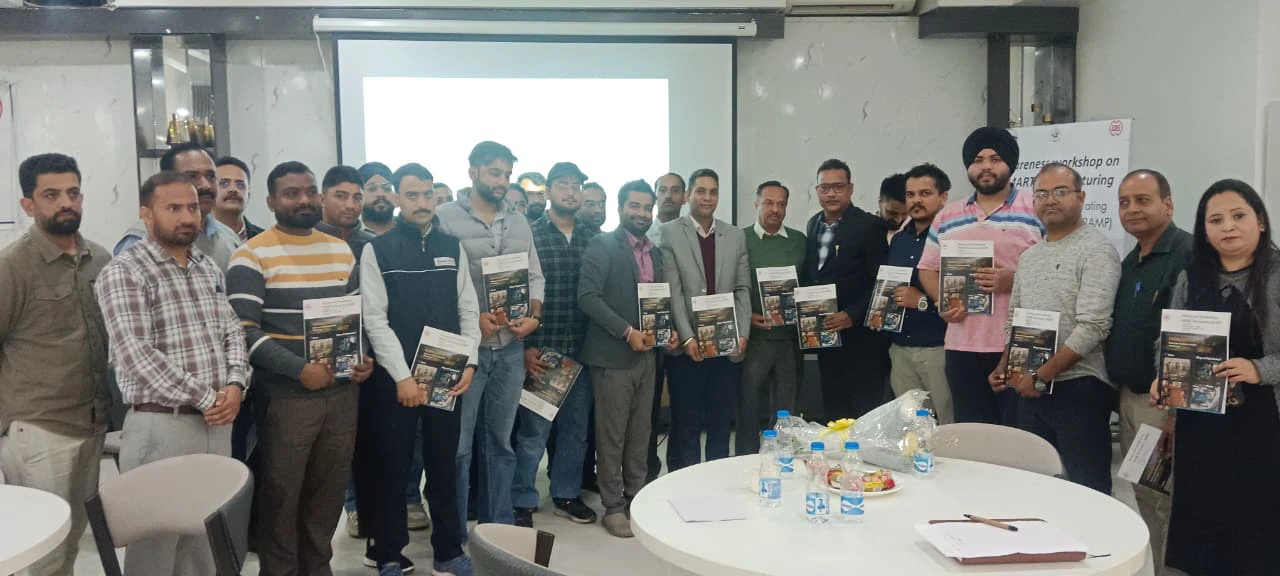Northern States Unite in Shimla to Strengthen Wetland Conservation Efforts
2 min read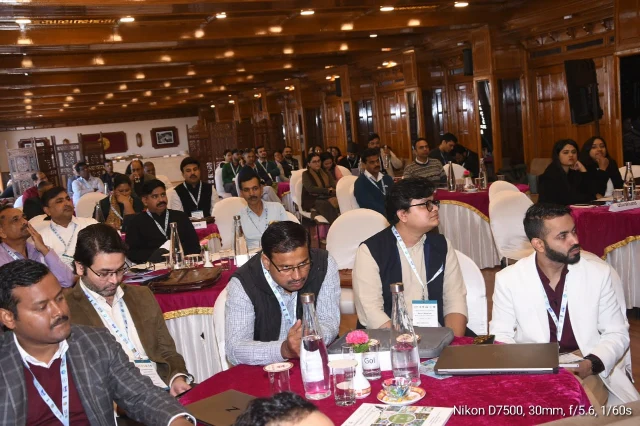
Shimla, October 30 — The Himachal Pradesh Council for Science, Technology & Environment (HIMCOSTE), in collaboration with the Ministry of Environment, Forest & Climate Change (MoEF&CC), Government of India, launched a two-day workshop on “Northern Region Sahbhagita for Conservation and Wise Use of Wetlands” at Hotel Holiday Home, Shimla.
Delegates and experts from Punjab, Uttarakhand, Jammu & Kashmir, Ladakh, Chandigarh, Haryana, NCT Delhi, Himachal Pradesh, and Uttar Pradesh are participating in the event alongside knowledge partners and private sector organizations.
The workshop aims to exchange innovative approaches, strengthen inter-state collaboration, and promote scientific and participatory wetland management across India.
The inaugural session began with lamp lighting followed by a welcome address from Dr. Suresh C. Attri, Joint Member Secretary, Himachal Pradesh State Wetlands Authority (HPSWA). He highlighted major initiatives taken by Himachal Pradesh including the designation of Ramsar sites and District Wetland Committees for improved governance.
Addressing the gathering virtually, Sh. Ved Prakash Mishra, Joint Secretary, MoEF&CC, described wetlands as the “kidneys of the landscape,” emphasizing their ecological and cultural importance. He underscored threats like pollution and encroachment and reaffirmed the Centre’s commitment to enhanced institutional support and private-sector participation under Mission Sahbhagita.
Delivering the keynote address, Sh. Sushil Kumar Singla, Secretary (Environment, Science, Technology & Climate Change), Govt. of Himachal Pradesh, stressed wetlands’ role as eco-tourism hotspots citing Renuka wetland, Pong Dam and other key sites attracting global birdwatchers.
Sh. Sanjay Sood, IFS, PCCF (HoFF), Himachal Pradesh Forest Department, highlighted the state’s diverse ecology and the need for strong field-level conservation, as many wetlands fall under forest jurisdiction and face human-generated pressures.
Representatives from Northern States and Union Territories shared updates on:
• Ground-truthing and boundary demarcation of wetlands
• Ramsar Site achievements and health card preparation
• Key conservation challenges and future strategies
Technical sessions included presentations from GIZ & WISA focusing on alignment with the 5th Ramsar Strategic Plan, India’s updated National Biodiversity Strategy and Action Plan (NBSAP), and ongoing peatland assessment in Himalayan regions.
The workshop continues on October 31 with discussions targeting future policy direction and shared learning frameworks for sustainable wetland management.


